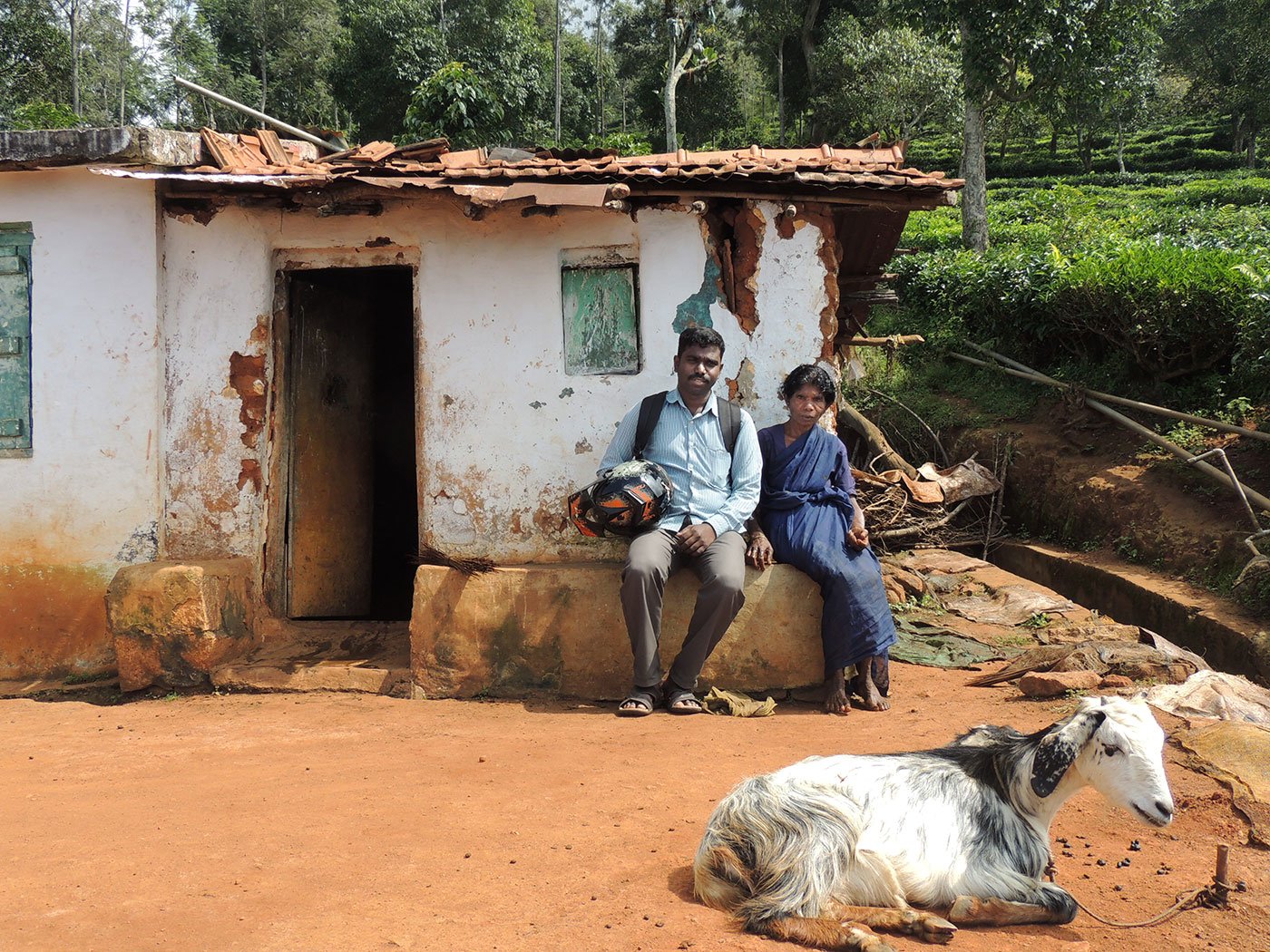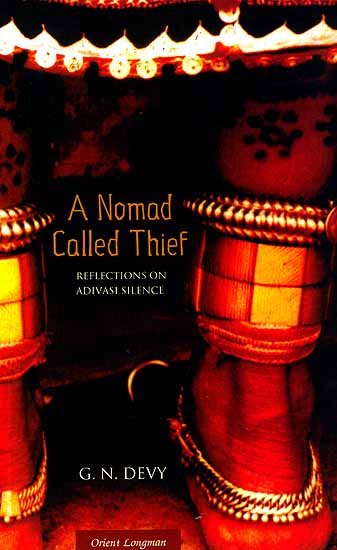Linguapax Asia works in partnership with Linguapax International, a non-governmental organization formerly affiliated with UNESCO and located in Barcelona, Spain. In its role as the Asian associate, Linguapax Asia carries out the objectives of both Linguapax International and UNESCO’s Linguapax Project with a special focus on Asia and the Pacific Rim. These objectives are:
- Promoting bilingual and multilingual education
- Elaborating new approaches to language instruction that facilitate intercultural understanding
- Fostering respect of linguistic diversity and linguistic heritage
- Supporting initiatives to preserve and revitalize endangered languages
- Raising awareness of the links between language, identity, human rights, and the quest for peace
Participation in Linguapax Asia activities is open to the general public as well as to those engaged in academic research.
Source: Asia – Linguapax
URL: https://www.linguapax-asia.org/en/about-us.html
Date Visited: 2 November 2021

(Alu Kurumba community), outside their home in Banagudi
Read the full success story
“Think and go slowly. You will get gold”
by Priti David on People’s Archive of Rural India >>
Moda modaand oodale
muddu sikkiya taang oodale
[Rushing, rushing produces no results
Think and go slowly. You will get gold]
Alu Kurumba Adivasis who once lived in the forests on the Nilgiri hills, say this proverb best describes the desired process to find the ‘right’ spouse. For one of them – Ravi Viswanathan – it also holds true for his academic journey, which got off to a slow start but is now culminating in a doctorate from Bharathiar University, Coimbatore. Not only is he the first from his community to get this degree, but his PhD thesis is the first ever documentation of the structure and grammar of the Alu Kurumba language. Incidentally, Viswa (as he prefers to be addressed), 33 years old, is yet to marry, and has also taken his time to find the ‘right’ spouse.
Viswa grew up in Banagudi, an Alu Kurumba settlement close to Kotagiri town in Nilgiri district of Tamil Nadu. Once their parents left for work at 7 a.m., the children were expected to march off to the government high school in Aravenu, three kilometres away, to get on with their formal education. […]
An alien language, community elders largely indifferent to the benefits of schooling, a gang of like-minded friends and tempting open spaces – naturally Viswa often skipped school. His parents worked as daily wage labourers in the neighbouring estate – his mother plucking tea and his father clearing trenches for rain water and offloading 50 kilogram bags of fertiliser from delivery trucks. At least twice a year, his father would take off with other Alu Kurumba men to collect honey from rock cliffs in the forests. Along with gathering medicinal plants from the forests, this was the community’s means of livelihood before the British invaded the Nilgiris in the early 1800s, converted large tracts of forest to grow tea, and pushed the tribals out of the forests and into adjacent settlements. […]
It took him and his mother three years of working seven days a week and leasing out their acre of land, before they were free of debt and he could resume his schooling. “My parents never went to school but they saw my interest and wanted me to continue. I left because I had no choice, but I knew I would continue,” he says.
Continue he did, and at the age of 21, despite being a few years older than the rest in his class, Viswa finally had his Secondary School Leaving Certificate in hand.
The Census of India 2011 lists the total Kurumba population at 6,823, and the Alu Kurumba say there are just 1,700 of them. (The others are: Kadu Kurumba, Jenu Kurumba, Betta Kurumba and Mullu Kurumba). According to the Central Institute of Indian Languages in Mysuru, a language is ‘endangered’ when it has less than 10,000 speakers. The languages of all the Kurumba sects qualify.
The lack of a script has made codification difficult, as Viswa found while ‘borrowing’ Tamil to write. Many of the sounds could not be translated. “In my language we say ‘ kht ’ to describe the motion of pulling [say] a plant out of the soil. That sound is not there in the Tamil script,” he points out.
In April 2018 Viswa expects to receive his PhD, and he will then apply for a job as an assistant professor in a university. He will be the first Alu Kurumba to do so. “It has taken me a long time to get here,” he adds, wryly. […]
Source: “Think and go slowly. You will get gold” by Priti David (Editor, PARI Education), People’s Archive of Rural India, 8 February 2018
URL: https://ruralindiaonline.org/en/articles/think-and-go-slowly-you-will-get-gold/
Date Visited: 1 November 2021
[Bold typeface added above for emphasis]
Research the above issues with the help of Shodhganga: A reservoir of theses from universities all over India, made available under Open Access >>
Table of the number of endangered languages with the states that they are spoken in according to India Today | Learn more >>
| Indian states | No. of languages | Endangered Languages |
| Andaman and Nicobar Islands | 11 | Great Andamanese, Jarawa, Lamongse, Luro, Muot, Onge, Pu, Sanenyo, Sentilese, Shompen and Takahanyilang |
| Manipur | 7 | Aimol, Aka, Koiren, Lamgang, Langrong, Purum and Tarao |
| Himachal Pradesh | 4 | Baghati, Handuri, Pangvali and Sirmaudi |
| Odisha | 3 | Manda, Parji and Pengo |
| Karnataka | 2 | Koraga and Kuruba |
| Andhra Pradesh | 2 | Gadaba and Naiki |
| Tamil Nadu | 2 | Kota and Toda |
| Arunachal Pradesh | 2 | Mra and Na |
| Assam | 2 | Tai Nora and Tai Rong |
| Uttarakhand | 1 | Bangani |
| Jharkhand | 1 | Birhor |
| Maharashtra | 1 | Nihali |
| Meghalaya | 1 | Ruga |
| West Bengal | 1 | Toto |
The Central Institute of Indian Languages, Mysore, has been working for the protection and preservation of endangered languages in India under a central scheme […]
Central Institute of Indian Languages (Official website): https://www.ciil.org
Source: International Mother Language Day: 42 Indian languages heading towards extinction, India Today, 21 February 2018
URL: https://www.indiatoday.in/education-today/gk-current-affairs/story/international-mother-language-day-42-indian-languages-heading-towards-extinction-1174384-2018-02-21
Date visited: 21 July 2020

Reflections on Adivasi Silence and Voice by Ganesh [G.N.] Devy | Publications >>
“The smart boy or clever girl who is deprived of the opportunity of schooling, or who goes to a school with dismal facilities (not to mention the high incidence of absentee teachers), not only loses the opportunities he or she could have had, but also adds to the massive waste of talent that is a characteristic of the life of our country.” – Nobel Awardee Amartya Sen in The Argumentative Indian (Penguin Books, 2005), p. 344 | Find this and other books published in India >>
Related: Tribal Children’s Right to Education | Childhood | Ekalavya (Eklavya, Eklabya), EMR & Factory schools | Childrens rights: UNICEF India >>
Tip: click on any red marker for details on endangered languages in a particular region of India.
Please note: the facts and figures cited (via hyperlinks) links call for updates and fact checking >>
Cultural invisibility – India’s 600 potentially endangered languages | Linguistic Survey of India (official website) >>